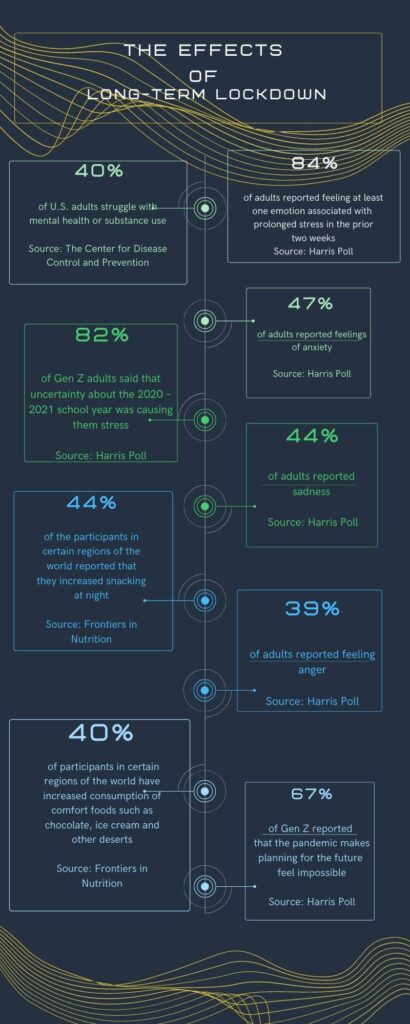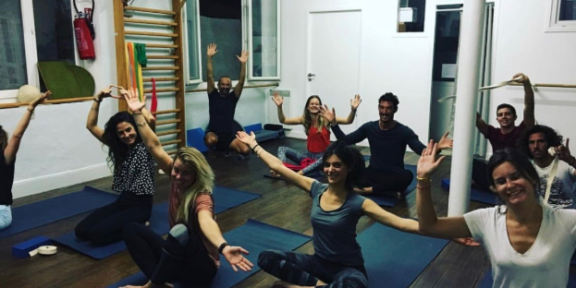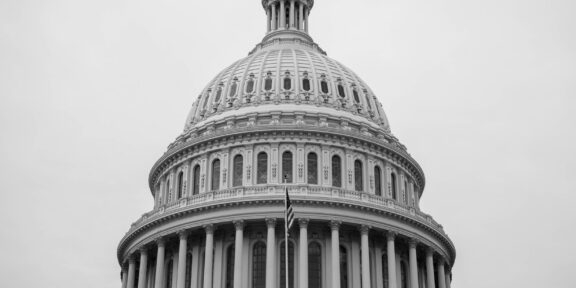Virgil Parker, Reimagined Futures for Howard University News Service
The impact of long-term isolation during the pandemic has caused a variety of challenges for Americans. According to a publication by the Kaiser Family Foundation, the pandemic has caused an increase in mental health issues for individuals. Other increased negative health conditions included poor dieting, a lack of exercise and substance use disorders.
Oona Nelson, a Howard University student, said the lockdown has negatively impacted her in multiple ways. Nelson has found difficulty with maintaining a proper exercise routine, and has had to cope with depression, stress and anxiety. “My exercise routine has decreased, but I am trying to push myself to engage in a regular routine again. It can be difficult at times. I have developed worse eating happens and have gain weight during this time,” Nelson said.
Nelson has tried to deal with her mental health challenges through “exercise, stretching and yoga.” She also engages in reading books and watching comforting movies.
A mental health report that was published by the Center for Disease Control and Prevention (CDC) said that 40 percent of U.S. adults struggle with mental health or substance use. The study, which was conducted during June 2020, states that the pandemic is directly associated with the mental health challenges.
David Cates, Ph.D., a licensed psychologist who serves as the director of behavioral health for Nebraska Medicine and the vice chair of clinical operations for the Department of Psychiatry at the University of Nebraska Medical Center said mental health issues in the pandemic could be attributed to the political climate, unemployment, and style of socialization, among other things. Humans are not socializing as often and in the same way that they are accustomed to. “Human beings are hard-wired for socialization,” Dr. Cates said.
A Harris Poll survey conducted during January 2021 found that there have been increased stress levels since April 2020. The survey, which was conducted on behalf of the American Psychological Association (APA), stated that 84 percent of adults reported feeling at least one emotion associated with prolonged stress in the prior two weeks. Their other feelings included 47 percent feelings of anxiety, 44 percent sadness and 39 percent anger.
According to Dr. Cates, the pandemic was not the only event that has happened in the last year and this might be a factor. “Although it’s hard to separate out the effects of quarantine from other sources of stress like the political climate, unemployment, social justice issues and more, the evidence does suggest that quarantining itself is likely responsible for some of the increased rates of stress, anxiety and depression,” he said.
Dr. Cates said the unfamiliarity of an event like a pandemic is hard for some young adults to process.
“There is some data to suggest that “Gen Z adults” (ages 18-23) are experiencing the highest levels of stress of any age cohort. This might be due to their emerging into adulthood at a time of great uncertainty and economic stress, which makes planning for their future particularly difficult,” said Dr. Cates.
Dr. Cates referenced another APA report from August of 2020. Dr. Cates said that 67 percent of Gen Z adults who participated in the survey reported that the pandemic makes planning for the future feel impossible. The report also stated that 82 percent of Gen Z adults said that uncertainty about the 2020 – 2021 school year was causing them stress.
For Nelson, the lockdown, school and uncertainty about the future has caused stressed and anxiety.
“To improve my mental health, I have taken multiple social media detoxes, as well as increasing my physical exercise and taking vitamins such as vitamin D. I have also been indulging a lot more in my favorite foods,” said Nelson.
Julie Choi, a 23-year-old recent college graduate from University of Maryland said that the pandemic also affected her mental health through social issues that have occurred as a result of Covid-19. The pandemic has also caused her to have a better grasp on her triggers and coping mechanisms.
“I regularly attend therapy sessions and have “self-check-ins” where I evaluate how I’m feeling and doing. It can be through the form of journaling or meditation, but I just think about my day and how I’m feeling. It may seem kind of silly, but it’s sometimes hard to be honest with yourself about how you’re doing. When I do these check-ins, either by myself or with my therapist, I find that I can easily prevent burnouts and give myself more breaks if need be,” she said.
In addition to mental health, physical health has also been a concern during the pandemic.
According to the CDC, heart disease is the leading cause of death for men, women, and people of most racial and ethnic groups in the United States. The health organization also states that one person dies every 36 seconds from cardiovascular disease and about 655,000 Americans die from heart disease each year. The latter statistic averages to about 1 in every 4 deaths.
Dr. Anandita Kulkarni, a preventative cardiologist and women’s heart specialist for the cardiovascular division of the Heart Hospital Baylor Piano, said that the lockdown can contribute to poor hear health because of an increase in stress and a lack of physical activity.
“Having to quarantine for a long period of time was an unanticipated stressor during this pandemic. Many individuals are separated from their families, have lost jobs, and have taken on additional responsibilities around the home. As a result, time for self-care, physical activity, and stress relief have been substantially limited. Increased stress and lack of physical activity are both risk factors for heart disease,” Dr. Kulkarni said.
Dr. Kulkarni stressed the importance of people keeping up with their medical appointments because that has been a problem during the lockdown.
“Another important issue with regard to cardiovascular health during the Covid-19 pandemic is that many people have been missing their doctors’ appointments or avoiding going to the emergency room when they have symptoms of a heart attack due to fear of getting the virus.” Dr. Kulkarni stated that the practice of telemedicine has been increased as a result of pandemic. Telemedicine allows for patients to meet with medical professionals via phone or video conference, which can be done from the comfort of their home.
“It is very important for patients to continue following up with their doctor if they are having concerning symptoms or to treat their risk factors for heart disease,” Dr. Kulkarni continued.
Sam Owens, director of fitness operations at Midtown Athletic Club, reaffirmed Dr. Kulkarni’s comments about the need for exercise.
“The American College of Sports Medicine has given some recommendations on exercise that recommends about 30 to 60 minutes of moderate-intensity aerobic exercise five or more days per week, or 20 to 60 minutes of vigorous aerobic exercise at least three days per week,” he said.
“All age groups will benefit from some type of physical activity though I’ve been especially concerned during this time with the lack of exercise of our elderly population and kids,” he said.
Owens, who is a Black male, is concerned for how long-term quarantining has affected the physical health of black and brown communities.
“I think it’s been devastating for so many different people across the age and socioeconomic spectrum. The impact that COVID has had in black and brown communities has been well documented and I think we need to watch this very closely over the next 12-18 months.”
Owens also provided thoughts about the health-related impact of people’s eating habits. “A study from the National Institute of Health a few years ago showed how the things you eat, can influence your risk of dying from heart disease, stroke, or type 2 diabetes.”
A recent global report from Frontiers in Nutrition says that access to fresh food has been restricted since the beginning of the pandemic. The report, which was released in March 2021, also confirmed that people are spending more time inside and have limited their physical activity. 44 percent of the participants in certain regions of the world reported that they increased snacking at night and another 40 percent have increased consumption of comfort foods such as chocolate, ice cream and other deserts.
The pandemic’s lockdown has caused individuals to be more conscience about their health. People have used a variety of coping mechanisms such as increasing exercise, detaching from social media and seeking therapy. Medical professionals and physical trainers recommend that people do their best to practice positive helps habits, especially through the pandemic.













